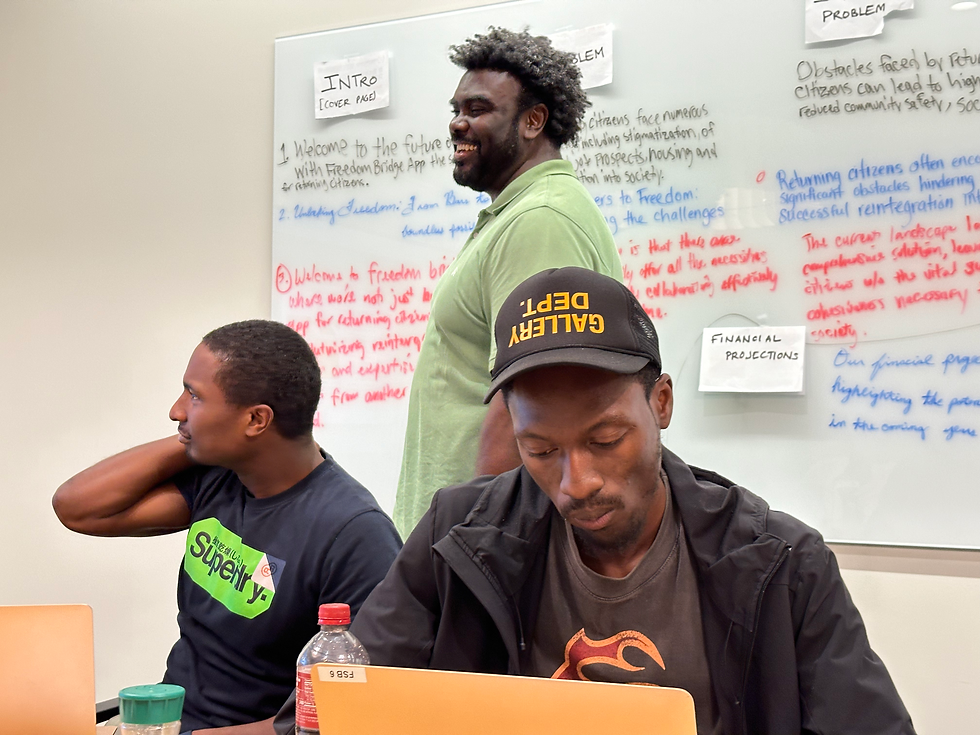Why We Don't Use the Word "Inmate" and Other Words Like It
- niarobinson25
- May 19, 2021
- 2 min read

Have you ever looked at the long list of words we use to describe people who are incarcerated or at least in contact with the criminal justice system? If you have, you’d notice all terms are absent of humanity and the acknowledgement that people are people, no matter what they’ve done. Correctional labels like “inmate,” “felon,” and “convict” are adopted by the media and common vernacular, but can have negative consequences on the lives of those incarcerated and returned citizens.
These words can be stigmatizing for those returning to society. Whether in job applications, school admissions, or housing, stripping someone of their humanity makes it instantly harder to exit the criminal justice system. If the goal is reform, personal reflection and growth, it’s important to recognize how language can serve as a barrier to these milestones. Further, these words reduce people to crimes and cages, assuming they are people who have no potential for growth. Those who are incarcerated are harmed, their families and friends are harmed, and the point is to reduce harm wherever we can.

Another reason for a language shift is the psychological toll taken on people experiencing incarceration. Imagine knowing you’ve grown, but being the only person who sees it. Adopting language that promotes respect for people who have been touched by the criminal justice system, makes it clear it’s understood that their right to being is not contingent on the choices they’ve made. Further, it lets people know they will not be shut out forever. It’s easy to drop the “who are incarcerated” from people, but you can’t drop anything from calling someone an “inmate.
Flikshop encourages and stands by the implementation of people-first language. At its core, people-first language is just that. Positioning the people first. An example: person/people/individuals experiencing incarceration or incarcerated person/people/individuals. Organizations like the Osborne Association provide resources for individuals, media outlets, and organizations who are looking to improve the language they use. While referring to humans as humans isn’t rocket science, we do acknowledge the culture that has been created and solidified. Working to change the way we refer to those experiencing the criminal justice system is a worthwhile endeavor that will only benefit those who need it the most.



Comments